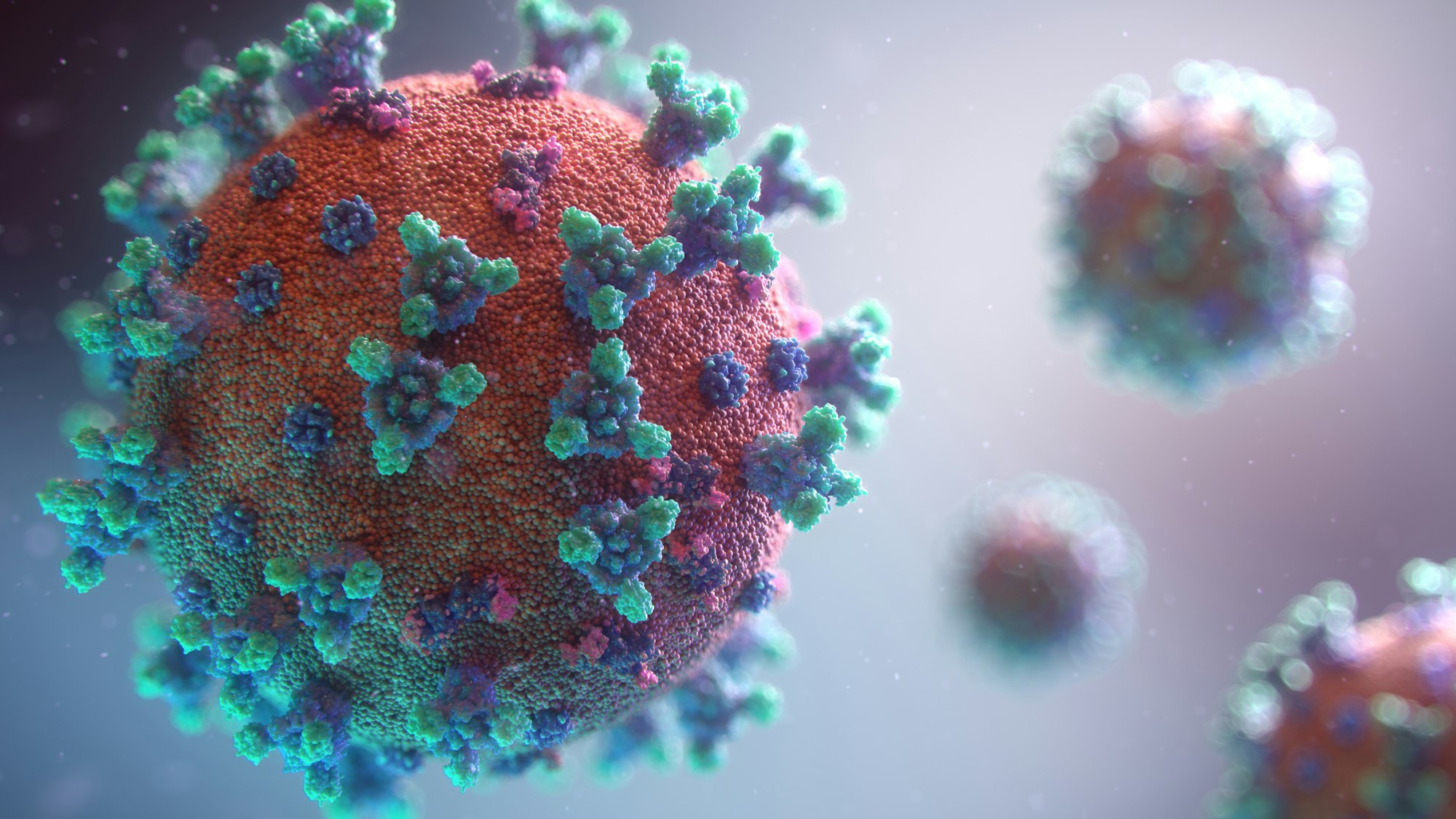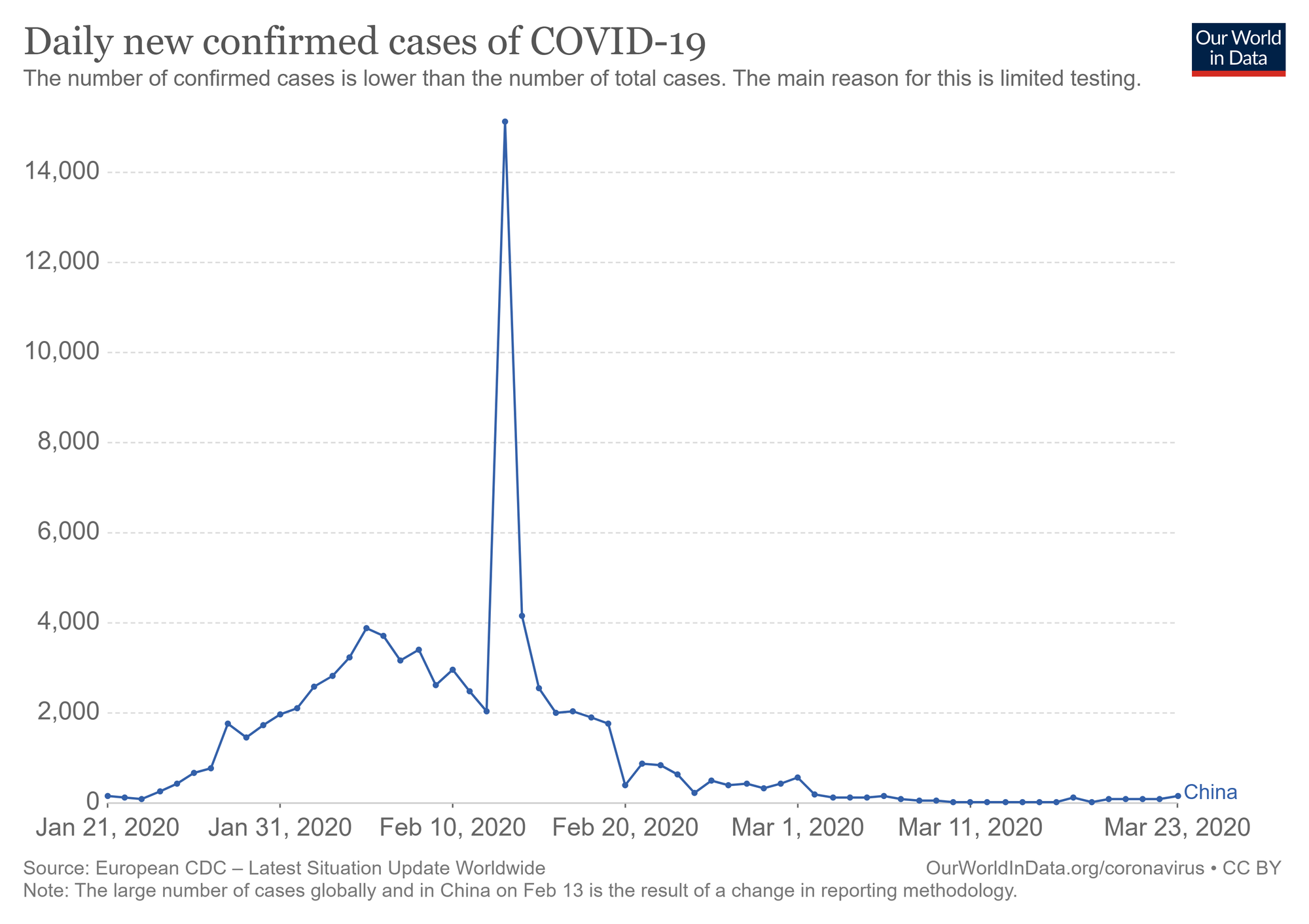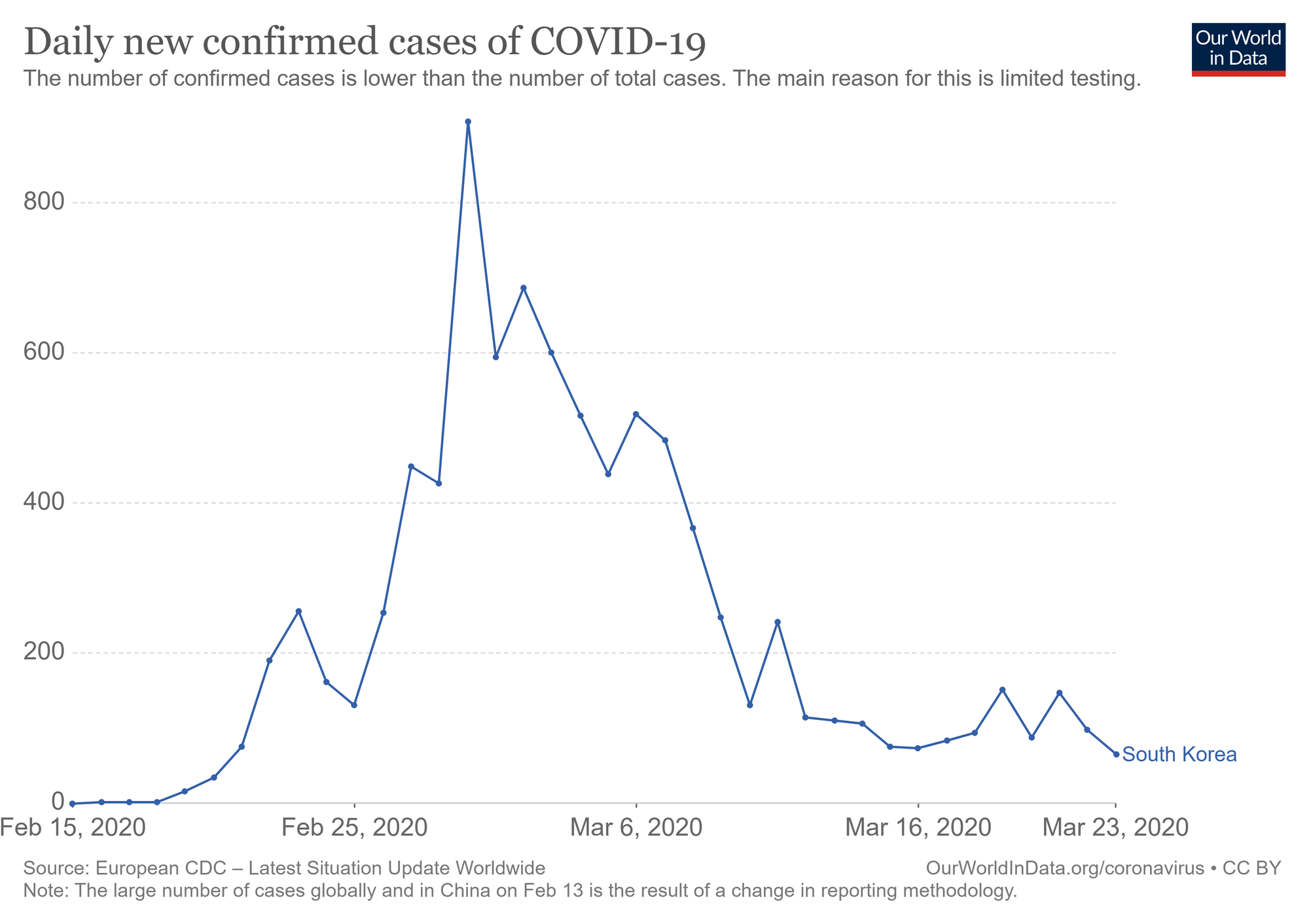
👩⚕️ 15 fact-based optimistic news about the coronavirus
Most of the news about the coronavirus is of course negative, but there are glimmers of hope out there, and a lot is being done to fight the virus.
Share this story!
The coronavirus pandemic is a global crisis, with lots of sick people and significant negative effects on the economy. But we believe it is a problem we will solve.
All the negative news around the coronavirus can be overwhelming. It is easy to lose hope. Psychologists recommend us not to follow the negative corona news too closely; we risk becoming depressed.
We know from science that if you are optimistic, you come up with more ideas, and are also more likely to take action and do something with those ideas. That is the kind of mindset we need when we adapt to the world now and after the corona crisis.
In the battle against the virus, there is some good news out there. We don't know if the declining numbers in China and South Korea will hold, or if the worst is over in Italy, but we sure hope so.
Researchers will deploy AI to better understand the coronavirus
More than 2000 papers have been published about the virus since December.
Very few new cases in China

Step decline of new cases in South Korea

Launch of COVID-19 data hub
By understanding the mutation of each virus and locating where those variants are in its nearly 30,000 genetic locations, the virus’ evolution chain and significant clusters can be identified.
3D printed parts keep respirators operational
With thousands of patients hospitals can run out of resources to keep everything working. But with 3D printing they can get parts to keep machines and other equpiment functioning.
OpenAI CEO offers funding for startups tackling coronavirus
Sam Altman writes in his blog: I think we will soon have enough testing capacity, so now I’d like to start funding more startups working on:
- Producing a lot of ventilators or masks/gowns very quickly. This will require a lot of repurposing and creativity but thankfully is an engineering problem not a scientific ones.
- Screening existing drugs for effectiveness.
- Novel approaches to vaccines (i.e., not doing what the big pharma companies are already doing).
- Novel therapeutics that the big pharma companies are unlikely to work on.
US Researchers Deliver First COVID-19 Vaccine to Volunteers in Experimental Test Program
Scientists at the Kaiser Permanente Washington Research Institute in Seattle delivered the first rounds of a potential coronavirus vaccine to several dozen optimistic volunteers earlier this week.
43-year-old vaccine recipient Jennifer Haller, who is also a mother to two teenagers, was all smiles after she told AP reporters she was “feeling great” as she was leaving the clinic. “This is an amazing opportunity for me to do something,” she added.
Distilleries Across the United States Are Making Their Own Free Hand Sanitizers to Give Away for Free
Amidst national shortages of hand sanitizers, alcohol distilleries in Atlanta, Portland, rural Georgia, and North Carolina have begun using their facilities to make their own sanitation products.
Since the World Health Organization (WHO) says that cleaning your hands with an alcohol-based rub can help to kill viruses on your hands, many of the distilleries say they hope to continue producing their bootleg sanitizers until the virus has been properly contained.
Air Pollution Plummets in Cities With High Rates of Quarantine
Satellite readings of air pollution levels over China and Italy show that the regions hit hardest by the COVID-19 have also caused air pollution levels to decline dramatically.
Some reports estimate that China’s quarantine has saved more than 100 million metric tons of carbon dioxide emissions from entering the atmosphere—which is about the equivalent of what Chile produces in a year.
Not only have similar effects been reported across Italy, the canals and waterways of Venice are reportedly cleaner than ever with the waters shining crystal clear in the absence of diesel-powered boats and gondoliers.
Johns Hopkins Researcher Says That Antibodies From Recovered COVID Patients Could Help Protect People At Risk
The vaccine being tested in Seattle isn’t the only potential treatment for the disease—an immunologist from Johns Hopkins University is reviving a century-old blood-derived treatment for use in the United States in hopes of slowing the spread of the disease.
The technique uses antibodies from the blood plasma or serum of people who have recovered from COVID-19 infection to boost the immunity of newly-infected patients and those at risk of contracting the disease.
China Celebrates Several Milestones of Recovery After Temporary Hospitals Close and Parks Reopen
Crowds of medical staffers and discharged patients were filmed celebrating the closure of all 14 temporary hospitals that opened in Wuhan to treat COVID-19 patients during the worst of the outbreak.
Authorities told the South China Morning Post this week that the virus had finally passed its peak as the nation’s mainland experienced only 11 new cases on March 13th, most of which were from international travelers.
As the outbreak is finally brought under control, parks and tourist attractions are slowly beginning to reopen to the public under careful moderation.
Australian Researchers Testing Two Drugs as Potential ‘Cures’ for the Virus
At the University of Queensland Centre for Clinical Research, scientists have found that two different medications—both of which are registered and available in Australia—have completely wiped out traces of the disease in test tubes.
Not only that, the drugs were given to some of the nation’s first COVID-19 patients, which resulted in “disappearance of the virus and complete recovery from the infection,” researchers told News.com.au.
The university is now looking to conduct a nationwide trial with the drugs to evaluate the efficacy and tolerance of each drug administered separately and together.
Uber Eats is Supporting the North American Restaurant Industry By Waiving Delivery Fees for 100,000 Restaurants
As restaurants across Canada and the United States are forced to temporarily shut down amidst COVID-19 outbreaks, Uber Eats has announced that they will be waiving delivery fees for independent restaurants.
“We know the success of every restaurant depends on customer demand,” the company said in a statement. “That’s why we’re working urgently to drive orders towards independent restaurants on Eats, to help make up for the significant slowdown of in-restaurant dining.
“As more customers are choosing to stay indoors, we’ve waived the Delivery Fee for the more than 100,000 independent restaurants across US and Canada on Uber Eats. We will also launch daily dedicated, targeted marketing campaigns—both in-app and via email—to promote delivery from local restaurants, especially those that are new to the app.”
Dutch and Canadian Researchers Are Reporting Additional Breakthrough Research on Treating the Virus
Scientists from Canada and the Netherlands have also made medical breakthroughs of their own. In Toronto, a team of researchers managed to isolate the agent responsible for the ongoing outbreak of COVID-19, which will help researchers around the world develop better diagnostic testing, treatments, and vaccines.
“Researchers from these world-class institutions came together in a grassroots way to successfully isolate the virus in just a few short weeks,” said Dr. Rob Kozak, clinical microbiologist at Sunnybrook University. “It demonstrates the amazing things that can happen when we collaborate.”
Meanwhile, Dutch researchers have submitted a scientific paper for publishing on how they have identified an anti-body for the virus—and it could be a world-first.
Here Are a Bunch of Other Ways That People and Businesses Are Supporting Each Other Throughout the US Outbreak
Dollar General has announced that they will be devoting their opening hour of shopping time to elderly customers. Athletes and sports teams are pledging to pay the wages of arena employees during the shutdown. Utility companies, landlords, automakers, and internet providers are waiving a number of late fees and payments to ease the financial burden of the shutdown. School districts across the country are still opening their doors to serve meals to kids and families.
All in all, the pandemic situation may seem grim, but these are just a few examples of how businesses and individuals are still looking out for each other during times of trouble.